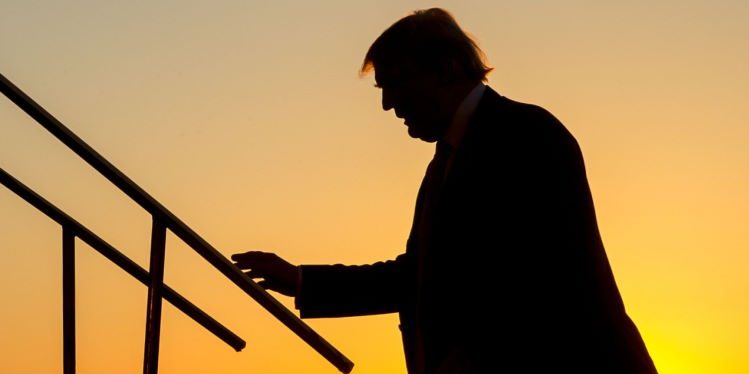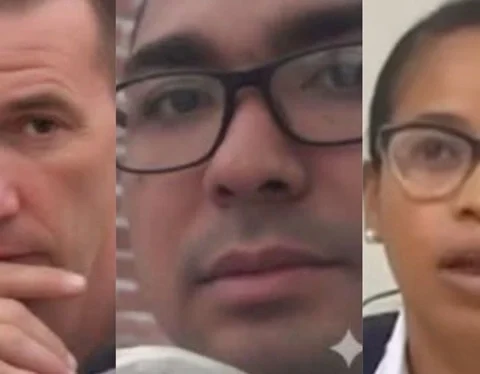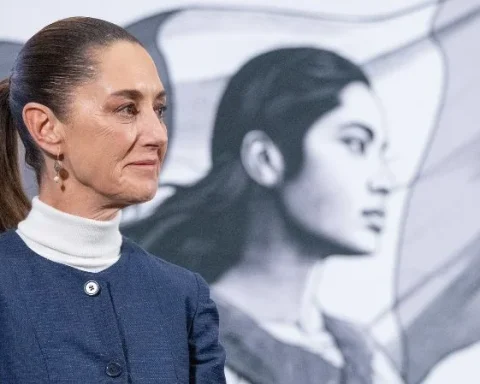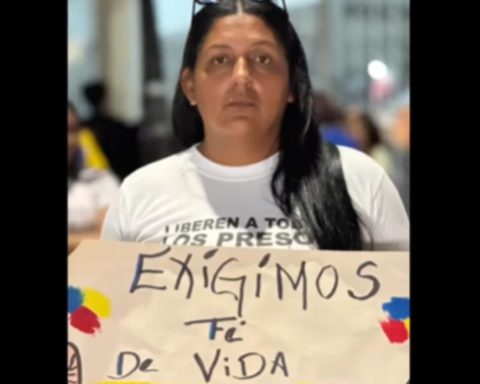AREQUIPA, Peru – Russian Deputy Foreign Minister Sergei Riabkov said this Saturday that his country is willing to listen to Donald Trump’s proposals on ending the war conflict in Ukraine, although “there is no easy solution.”
“If there is any sign from the US that they have ideas on how to move towards a solution, short of continuing to pump the kyiv regime with all kinds of assistance to achieve the strategic defeat of Moscow, then we will certainly do so.” everything possible to analyze it and give an answer,” says Riabkov in a report cited by Infobae.
Before Trump’s victory this week, re-elected as the forty-seventh president of the United States, the Republican leader assured that he had the resources to end the conflict when he arrived at the White House.
However, the Kremlin is skeptical of Trump’s speech, calling it a possible strategic maneuver during his presidential campaign.
“We know him from his previous race to power and we believe that some of his promises, in which he spoke of a quick resolution of the situation in Ukraine, are nothing more than rhetoric,” stressed the Russian deputy minister.
Riabkov assured that communications with Washington, although they are cold, are by no means closed.
“We periodically exchange certain signals through closed channels with different degrees of intensity depending on the need, but everything works correctly, it cannot be said that the lines of communication are cut,” he noted.
Likewise, the diplomat who the second administration Trump demonstrates “actions” in pursuit of a rapprochement despite the skepticism that his figure provokes.
“It is clear that there can be no simple solution to this problem or to the problems associated with what is happening in and around Ukraine,” Riabkov explained before reiterating that Moscow only envisions a conclusion to the war on its own terms.
“These signals must be taken very seriously by the US administration, both the outgoing and future administrations. There is no type of opportunism here and our interests do not depend on who occupies the Oval Office of the White House,” concluded the vice minister.
On November 6, Donald Trump was elected president of the United States for the second time, after defeating the current vice president, Kamala Harris, candidate of the Democratic Party, in a tight race.
In this way, Trump becomes the second political leader in the history of the United States to be elected president after a failed re-election attempt (in 2020).
The Republican’s victory was consolidated in the crucial “hinge states”—Georgia, North Carolina, Pennsylvania, Michigan and Wisconsin—where he obtained a sufficient advantage to secure the 270 electoral votes necessary to return to the White House.
















